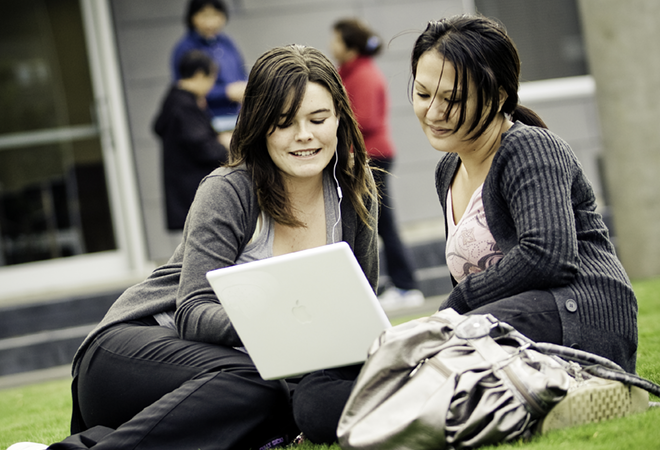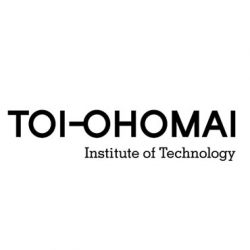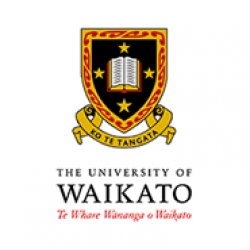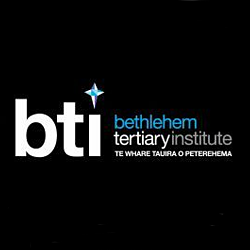
Guiding and Supporting Learners
Status
Completed: 22 March 2012
Project Details
A project, completed in March 2012, to investigate how Private Training Establishments (PTEs) in the Western Bay of Plenty provide support for their students, and the effectiveness of this from a student perspective. A collaboration of Bay of Plenty Polytechnic, University of Waikato, Bethlehem Tertiary Institute and Adventure Education.
Aims:
The main aims of the project were:
- identify good practice for the support and guidance of learners
- report on the effectiveness of support and guidance from a student perspective.
Methodology:
The research methods used were:
- a literature review
- focus groups with learners from Western Bay of Plenty PTEs in which participants were asked about the kinds of support and guidance they receive from the organisation
- case studies of each participating PTE – staff from participating PTEs attended a one-day writing hui where each wrote a case study of their organisation about how their organisations support and guide learners, and the effectiveness of their interventions.
Team

Heather Hamerton
Project Leader
Bay of Plenty Polytechnic (now Toi Ohomai Institute of Technology)
Brian Findsen
Pathways College, University of Waikato
Amy Edwards
Bethlehem Tertiary Institute
Stephen Strawbridge
Adventure EducationStatus
Funding
$9,666.00 (excl GST)
Key Findings
The key findings from the project were:
- Many of the supports that students reported were important to them were also identified in the literature as important. The importance of students having good relationships with tutors who were seen as supportive and provided pastoral care was emphasised in the focus groups. The PTEs are also actively fostering supportive relationships and social networks amongst students. Additionally, other researchers have emphasised the usefulness of academic counselling and advice, supplemental instruction and assistance and good quality teaching, all factors that assist students with their integration into the organisation.
- On the “adaptation” side, students in the focus groups reported considerable flexibility in their organisations, most of which were learner-centred, with tutors who catered to diverse students and diverse learning preferences. The willingness of TEOs to adapt to the needs of their learners in these ways has been identified in other studies as important for student success.
- The focus group findings demonstrate that despite (or possibly because of) their small size, PTEs are able to offer students the support and guidance they require in ways that are flexible and tailored to meet students’ needs. Tutors play a key role in supporting students and the student feedback demonstrates that students value highly the personalised support they receive during their studies. Most students expect that with this support they will achieve success in their chosen programmes of study.
- The case studies highlight the many different ways in which all of the PTEs support and guide learners throughout their study. Six common themes were identified: a focus on supporting and developing relationships, both between tutors and students, and amongst students; provision a range of academic supports, including academic and career planning, resources and supplemental instruction; the importance of being “adaptive” organisations, with small class sizes and learner-centred programmes that cater well for diverse students; applied and practical programmes linked to industry needs; collecting and utilising feedback about their services from a range of stakeholders, including students; many are values-based and have a family-like atmosphere.
Key Recommendations
From the six common themes identified in the case studies, six principles for practice have been derived. These principles will have greatest relevance for staff working in PTEs, although most of them have also been identified as important across a range of TEOs.
The six principles for practice are:
Supporting and developing relationships | Supporting and developing relationships, both between tutors and students, and amongst students is important for student success.
Academic support needed in PTEs | A range of academic supports is needed in PTEs that includes orientation, academic and career planning, resources and supplemental instruction.
PTEs need to be “adaptive” organisations | It is important for PTEs to be “adaptive” organisations, with small class sizes and learner-centred programmes that cater well for diverse students.
Student success in PTEs | Student success in PTEs relies on provision of applied and practical programmes linked to industry needs.
Successful support for students | Successful support for students rest on PTEs collecting and utilising feedback about their services from a range of stakeholders, including students themselves.
Values-based programmes | Values-based programmes that provide a personal and caring environment or have a family-like atmosphere are highly valued by students and contribute to successful outcomes.
A research report prepared on behalf of the Western Bay of Plenty Tertiary Providers Forum by Heather Hamerton.
(PDF, 793 KB, 92-pages).
- 22 March 2012